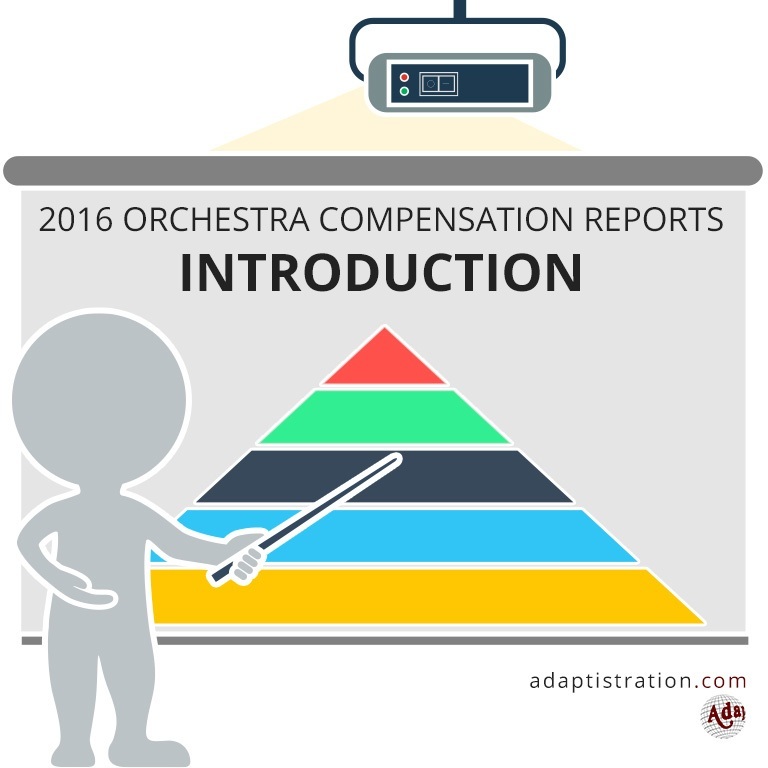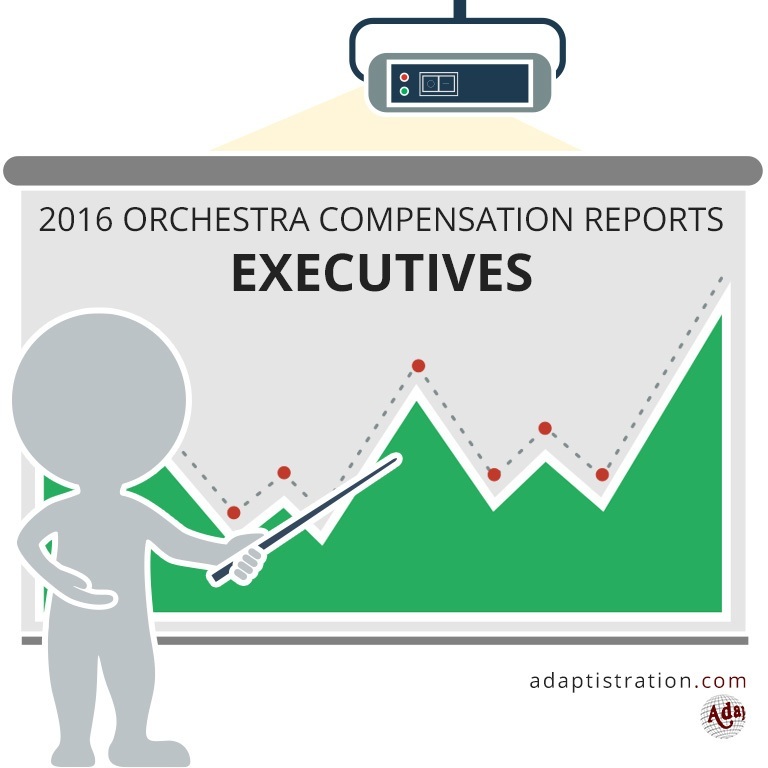As promised, here are some excerpts from the many readers who took their time to send an email in response the executive compensation issues.
- Lawrence J. Fried, Executive Director, Bellevue Philharmonic (an ensemble not included in any of the articles) wrote in to say:
As a twenty-year veteran of orchestra management, I can assure you that most of us are indeed paid for what we accomplish, not for how hard we work. How can I be so sure? Simple. Just look at how quickly a board of directors fires the executive director when there are financial troubles!
I would also dispute your assertion: “Orchestras are in more financial trouble now than since the Great Depression and have never had such low attendance numbers.” While there have been five or six orchestras who filed for bankruptcy in the last year, the fact remains that the overwhelmingly majority of professional American orchestras are better attended and better funded than ever before. Yes, we all need to attract new and different audiences. But spreading a “doom and gloom” scenario is not the way to do it.
Thank you for taking the time to write in Larry. I would disagree that executives are fired with any frequency at all in this business. As a matter of fact, I can’t remember the last time when any orchestra executive was fired so much as allowed to leave amicably. I wrote a piece that included that very topic on April 1st.
The six orchestras that went out of business are featured here in the Lost But NOT Forgotten page of Adaptistration. And I have to point out that there have never been that many professional orchestras to collapse in the same year throughout American history. And I don’t think that mentioning it is spreading doom and gloom at all. Quite the contrary, it’s making sure everyone realizes the severity of the situation. How many orchestras filing for bankruptcy does it take to garner the attention of the industry; 10, 15, 50? If we don’t face this sobering fact face on, then the dozen other orchestras out there currently teetering on the edge of bankruptcy are “doomed”.
The better than ever before funding Larry mentions are as artificial as internet stocks were in the 90’s and has next to nothing to do with the managers obtaining it. It was a result of an artificially high stock market that produced excess financial returns to philanthropic foundations and endowments. I’m currently researching an article that focuses that very subject now, so stay tuned. And I simply don’t know of any studies out there that show orchestra attendance numbers are higher than ever before. The Knight Foundation report says precisely the contrary, if there is a reputable survey that confirms this position, I would like to see it.
- This came in from an orchestra musician:
Oddly enough I don’t have very strong feelings on the subject. Good managers are worth more than they make; bad ones less. And there are darned few good ones around. I do get upset when managers are unwilling to share the pain when they ask musicians to take cuts, and when bad managers get raises.
This point of view does a good job at representing what many musicians wrote in to say. That final point about managers that don’t take cuts is a topic that I plan to revisit in the near future.
An opera orchestra musician wrote in with this opinion:
I was reading the article with the executive director salaries last night and was blown away…it’s this type of information that needs to get out and it’s important that you ARE doing it! I also appreciate that you included opera orchestras in your article, we’re so often left out of the picture when anyone in the business talks about ensembles.
Well I had to include one positive letter. In all honesty many of you that took the time to write in expressed appreciation for being able to see this information side by side.


